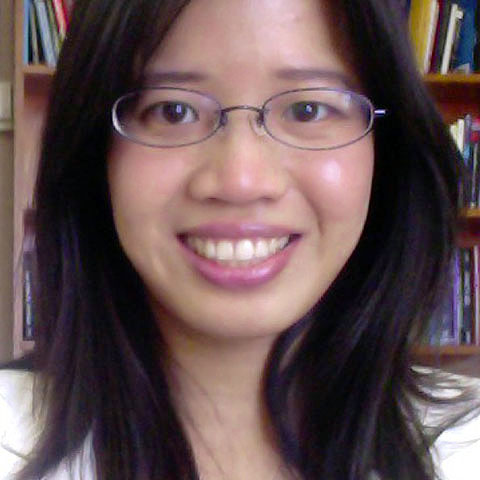Event Details

Topic description:
There is currently a great debate about whether the holobiont, i.e. a multicellular host and its residential microorganisms, constitutes a biological individual. We propose that resident microorganisms have a general and important role in the individuality of the host organism, not the holobiont. Drawing upon the Equilibrium Model of Immunity (Eberl 2016), we argue that microorganisms are scaffolds of immune capacities and processes that determine the constituency and persistence of the host organism. A scaffolding perspective accommodates the contingency and heterogeneity of resident microorganisms while accounting for their necessity and unifying contributions to host individuality. In our symbiotic view of life, holobionts may not be organisms or units of selection, but macroorganisms cannot persist nor function without their scaffolding microorganisms.
Biographical note:
Lynn Chiu is a philosopher of biology and science working as a postdoc researcher at the ImmunoConcept Lab of University of Bordeaux/CNRS, funded by the ERC Starting Grant “Immunity, DEvelopment and the Microbiota (IDEM): Understanding the Continuous Construction of Biological Identity” (PI: Thomas Pradeu). Her current work is on the construction of biological individuals at the intersection of host-microorganism interactions. She earned her PhD in philosophy at the University of Missouri–Columbia in December 2015. Her dissertation concerned the challenges niche construction and ecological developmental biology bring to dispositional accounts of fitness and adaptationism.


